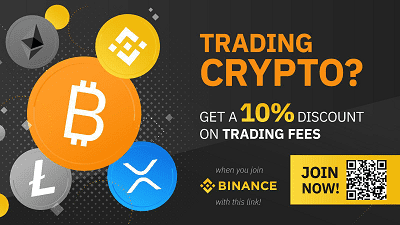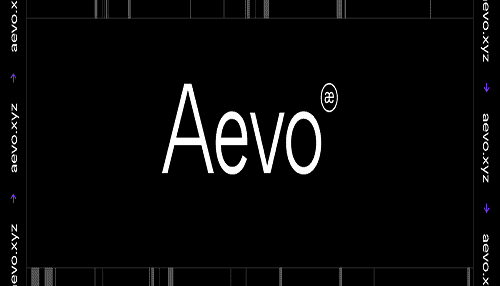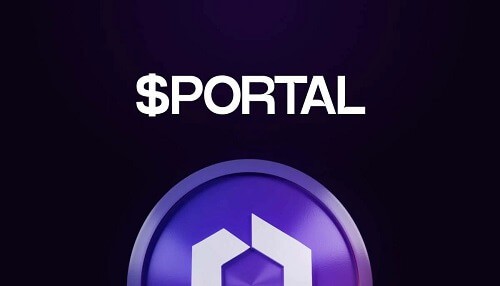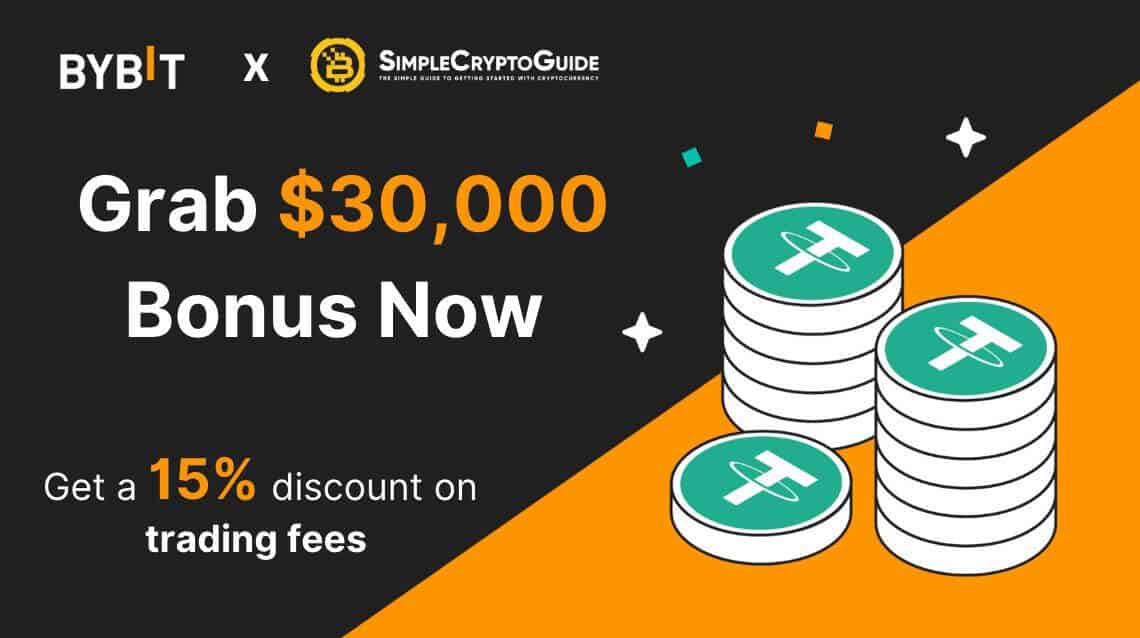Cryptocurrency Exchange Reviews 2024
From financial institutions to everyday investors, interest in cryptocurrency is rapidly growing. To participate, you need a crypto exchange account where you can buy and sell digital currencies like Bitcoin, Ethereum, and Dogecoin. In addition to these exchanges, the burgeoning sector of Decentralized Finance (DeFi) projects is gaining traction, offering an alternative way to engage with digital assets through blockchain-based financial services. These DeFi platforms extend beyond simple trading, providing innovative services such as lending, borrowing, and earning interest in a decentralized manner.
To assist you in selecting the right account for your needs, Simplecryptoguide.com has reviewed the top centralized cryptocurrency exchanges and emerging DeFi projects. We evaluated them based on functionality, reputation, security, support, and fees. Each of these data points was weighed according to their importance for different types of cryptocurrency investors, resulting in the following ranking.
Cryptocurrency Exchanges
A cryptocurrency exchange provides an online platform for buyers and sellers who trade cryptocurrencies with each other based on current market prices. Cryptocurrency exchanges act as intermediaries and generally charge fees for trading.
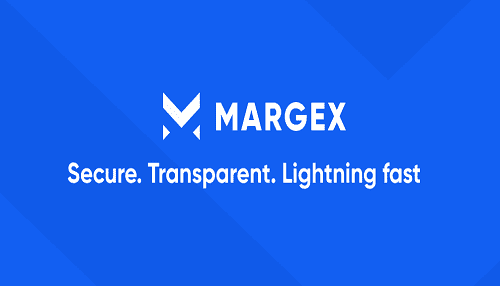
Margex Review
Margex Review 2024Margex review summary Margex, established in 2020 and headquartered in Seychelles, is a cryptocurrency leverage trading platform that caters to a diverse range of traders, from beginners to seasoned professionals. The platform...
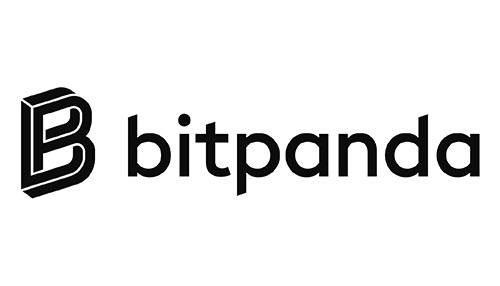
Bitpanda Review
Bitpanda Review 2024Bitpanda review summary Bitpanda has successfully redefined the investing experience by crafting a user-centric, inclusive platform tailored to accommodate individuals with diverse financial backgrounds and knowledge levels....
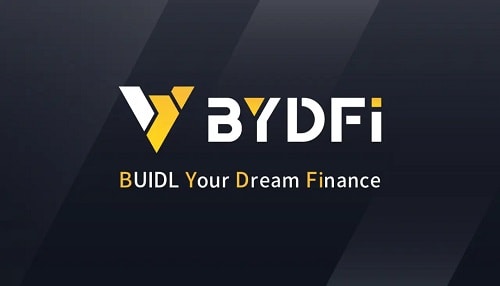
BYDFi Review
BYDFi Review 2024BydFi Review Summary BYDFi is a cryptocurrency exchange platform that aims to provide a secure, efficient, and user-friendly way for individuals and institutions to buy, sell, and trade cryptocurrencies. The platform is designed...
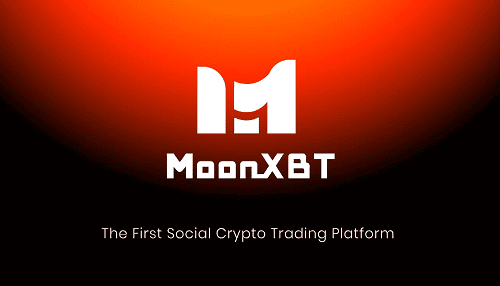
MoonXBT Review
MoonXBT Review 2024MoonXBT Review Summary MoonXBT is a trading platform that aims to take your investment to the moon with the innovative means of social trading. MoonXBT is based in the Cayman Islands and has offices throughout East Asia and...
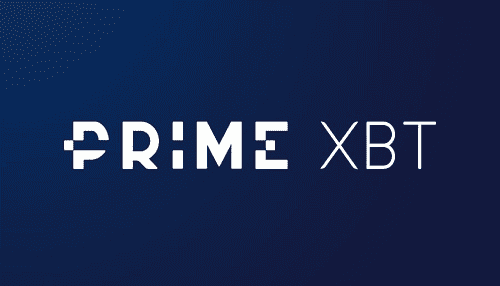
PrimeXBT Review
PrimeXBT Review 2024 PrimeXBT Review Summary The PrimeXBT cryptocurrency exchange is a one-stop-shop trading platform that supports trading cryptocurrencies, most major stock indices, commodities, and foreign currencies. They have quickly become...

Binance Review
Binance Review 2024Binance Review Summary Binance is one of the world's largest cryptocurrency exchanges, giving users everything crypto-related in one platform. Binance makes it simple for beginners to sign up and start trading, but advanced...
Cryptocurrency Brokers
A cryptocurrency broker is a firm or an individual that acts as an intermediary between the cryptocurrency markets to facilitate buying and selling of cryptocurrencies. Cryptocurrency brokers enable buying and selling for customers at prices set by the broker.

Coinbase Review
Coinbase Review 2024Coinbase Review Summary Coinbase has a wide selection of cryptocurrencies, a user-friendly design, and helpful educational content. For more experienced crypto investors, it also offers its more advanced Coinbase Pro...
Decentralized Finance (DeFi) Projects
Decentralized Finance, commonly known as DeFi, refers to a range of financial services that operate on a decentralized network, typically a blockchain. Unlike traditional finance, DeFi projects eliminate the need for intermediaries like banks or brokers by utilizing smart contracts on blockchains, primarily Ethereum. These projects offer services such as lending, borrowing, earning interest on cryptocurrency deposits, and token exchanges. DeFi platforms provide users with more control over their financial transactions, offering a transparent, accessible, and often more cost-effective alternative to conventional financial products. However, they also require a higher degree of user responsibility in managing digital assets and understanding the associated risks, such as market volatility and smart contract vulnerabilities.
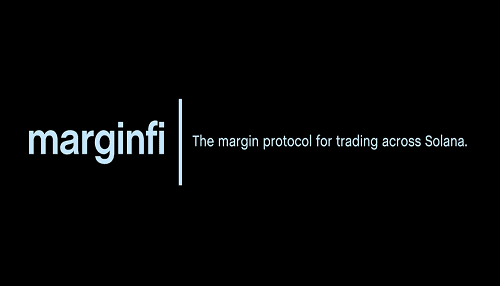
Exploring Marginfi: The Innovative DeFi Lending Protocol on Solana
Exploring Marginfi: The Innovative DeFi Lending Protocol on SolanaIntroduction to Marginfi: A DeFi Game Changer Marginfi, operating on the Solana blockchain, has made a notable entry into the decentralized finance (DeFi) landscape. As a...
Cryptocurrency Exchange Methodology
Different Types of Crypto Exchanges
Broadly speaking, there are two categories of crypto exchanges: centralized exchanges and decentralized exchanges. Each category comes with its own advantages and disadvantages.
Centralized Exchanges
Centralized crypto exchanges (CEX) are managed by one organization. Centralized exchanges make it easy to get started with cryptocurrency trading by allowing users to convert their fiat currency, like dollars, directly into crypto. The vast majority of crypto trading take place on centralized exchanges.
Some crypto enthusiasts object to centralized exchanges because they go against the decentralized ethos of cryptocurrency. Even worse in the eyes of some crypto users, the company or organization may require users to follow Know Your Customer (KYC) rules. These require each user to divulge their identity, much as you would when you apply for a bank account, to combat money laundering and fraud.
There’s another concern with centralized exchanges: hacking. With a CEX, the exchange holds the crypto traded on its platform—at least in the short term, while trades go through—raising the risk of hackers stealing assets.
To address this risk, centralized crypto exchanges have beefed up security over recent years. Among other strategies, they now store most customer assets offline and take out insurance policies to cover crypto losses in the case of hacking.
If you like the convenience of a centralized exchange, you can reduce your risk by transferring crypto to a separate, off-exchange hot or cold wallet.
Decentralized Exchanges
Decentralized crypto exchanges (DEX) distribute responsibility for facilitating and verifying crypto trades. Anyone willing to join a DEX network can certify transactions, much like the way cryptocurrency blockchains work. This may help increase accountability and transparency as well as ensure an exchange can keep running, regardless of the state of the company that created it.
The trouble is that decentralized exchanges are much less user friendly, not only from an interface standpoint but also in terms of currency conversion. Decentralized exchanges, for instance, don’t always allow users to deposit dollars and exchange them for crypto. This means you either have to already own crypto or use a centralized exchange to get crypto that you then use on a DEX.
You’ll also likely be engaging in direct peer-to-peer trades. This means it may take longer for you to find someone looking to buy what you’re selling and, if liquidity is low, you may have to accept concessions on price to buy or sell a low-volume crypto quickly.
Cryptocurrency Exchange Fees
You pay two types of fees when you buy and sell crypto: trading fees and withdrawal fees.
Trading Fees
Trading fees may be charged as a flat percentage of the amount of crypto you buy or sell, or an exchange may differentiate between orders that are makers and those that are takers, charging a different percentage accordingly.
On a basic level, makers are orders that add liquidity to an exchange, meaning they do not fulfill standing orders. Takers, meanwhile, remove liquidity from an exchange by completing orders that are waiting for a trade. Depending on the exchange, maker fees are usually slightly less than taker fees, although this isn’t always the case.
While you’re ideally picking an exchange with the lowest costs, dwelling too much on the ins and outs of maker and taker fees can be counterproductive. That’s because you can’t choose whether your order is processed as a maker or a taker. Instead, you’re better served considering overall fees and any discounts available for trading a certain amount each month or holding an exchange’s native cryptocurrency.
An important note: Some crypto investment apps claim to charge zero fees, but this isn’t entirely accurate. Instead of charging you an outright, they charge a spread—that’s the difference between the rate at which they buy or sell crypto. Spreads can, and frequently do, wind up being much more expensive than if you paid a percentage trading fee.
Withdrawal Fees
Many exchanges charge fees to withdraw coins from their platform. This can be an issue if you prefer to move your crypto to a secure third-party wallet or onto another exchange. Withdrawal fees typically vary by cryptocurrency.
If you anticipate moving your crypto off of an exchange, you should choose a platform that allows a certain amount of fee-free withdrawals, like Gemini.
Other Fees
If you engage in more advanced trading strategies, like margin trading, there are additional fees associated with borrowing money. Beginner-friendly exchanges like Coinbase and Gemini offer quick buy features that charge higher fees. You can avoid them by learning how to buy and sell on an exchange’s trading platform.
If you make purchases using a credit card or debit card, you may be charged a premium by both the exchange and your card issuer. That’s why it’s best to buy crypto with bank or wire transfers.
Decentralized Finance (DeFi) Methodology
DIFFERENT TYPES OF DEFI APPLICATIONS
DeFi can be broadly categorized into several types of applications: lending platforms, decentralized exchanges (DEXs), and yield farming protocols. Each type offers unique benefits and potential drawbacks.
LENDING PLATFORMS IN DEFI
Lending platforms in DeFi, such as Compound or Aave, allow users to lend and borrow cryptocurrencies without a central authority. Users can earn interest on their digital assets or take out loans against them. The advantage here is the removal of intermediaries, which can lower costs and increase efficiency. However, users must be cautious about smart contract vulnerabilities and the volatility of collateralized assets.
Some critics argue that DeFi lending platforms, while innovative, still face challenges in terms of regulatory compliance and risk management. Users are often required to over-collateralize their loans, which might not be feasible for everyone.
DECENTRALIZED EXCHANGES (DEXs)
DEXs such as Uniswap or SushiSwap operate without a central authority. They allow users to trade cryptocurrencies directly with one another. DEXs are praised for promoting a trustless environment and reducing the risk of hacking and fraud commonly associated with centralized exchanges.
The downside is that DEXs can be less user-friendly and often lack the liquidity found in centralized exchanges. This can lead to slippage in high-volume trades, impacting the user experience and potentially the transaction costs.
YIELD FARMING AND LIQUIDITY MINING
Yield farming and liquidity mining are relatively new concepts in DeFi. Users provide liquidity to a DEX or lending platform and, in return, earn interest or tokens. This can potentially offer higher returns than traditional investments, but it also comes with higher risks due to the volatile nature of cryptocurrencies and the complexity of these strategies.
DEFI TRANSACTION FEES
Similar to crypto exchanges, DeFi platforms also have fees associated with transactions:
- Gas Fees: On networks like Ethereum, users pay gas fees to compensate for the computational energy required to process and validate transactions.
- Protocol Fees: Some DeFi platforms charge additional fees for using their protocols, such as borrowing or staking fees.

